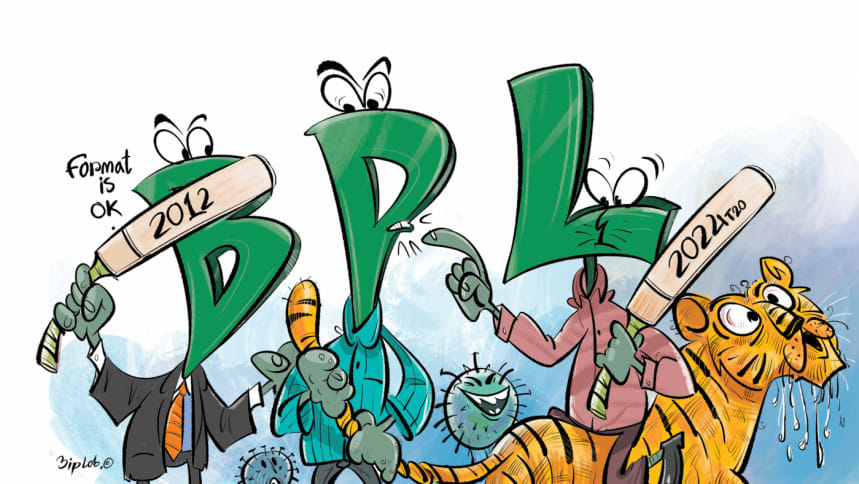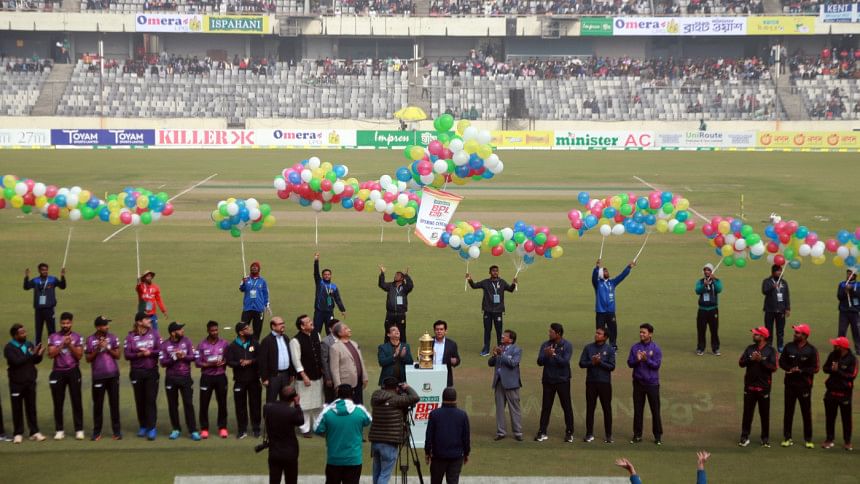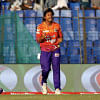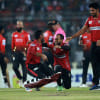BPL: A league without a purpose

"You are starting a tournament that if you open your mind and then think big, [it could] probably [be] the best tournament in the world. Every cricketer [will say], 'Listen, between February and March, I want to play in the BPL."
Arun Lal, a former Indian cricketer, commentator and cricket administrator, said this a little over 12 years ago at an event in Dhaka just months before the inaugural season of the Bangladesh Premier League (BPL).
An ex-Indian cricketer showing such optimism for a league in Bangladesh may seem out of place at first but it made perfect sense, as Arun wasn't just an enthusiastic supporter for the tournament, he was also the chief consultant of Game On Sports, the event management company that was signed to hold the first six seasons of the BPL.
He might have been guilty of hyping up the tournament a bit too much but it would not be wrong to say that there was palpable excitement and heightened expectations among the country's cricket fans ahead of the first season of the BPL.
However, with nine seasons in the books and the 10th already underway, his words about the BPL now seem almost satirical.
BPL is far from the must-see franchise event it had set out to be and has become a tournament that the Bangladesh Cricket Board (BCB) is holding almost out of obligation.
It's no secret that BPL was modelled after the highly successful Indian Premier League (IPL).

The tournament format was identical, it had a similar players' auction system at the onset and even its event management company, as mentioned earlier, was from India.
The BPL teams had extravagant names like in the IPL, the players were wearing colourful jerseys with names of sponsors plastered all over them and even the tournament's theme song was sung by an Indian.
The opening ceremony of the first season and quite a few after that had performances of Indian movie stars, not too different from what happens in IPL, albeit with much less pizazz.

But after the spot-fixing scandal that rocked the league after the first two seasons, the scaling down of the tournament was apparent.
The players' auction was replaced by the players' draft, a change made on account of some franchises failing to pay the lofty salaries they bid during the auction.
The extravagant opening ceremony has also been swapped out with a balloon-releasing ceremony before the opening games post-Covid.
The participation of top international cricketers is also dwindling with the advent of newer leagues with bigger coffers, who have pushed BPL way down the pecking order.
If Comilla Victorians are not playing the BPL, what will be the future of BPL? It might be a different kind of BPL and you will understand in this BPL after the game starts as Comilla will be on one side and every other team will be on other side.
Comilla Victorians owner Nafisa Kamal
This leaves the BPL franchises with very little choice but to extend the search radius for overseas recruits into the associate nations and also keep a lookout at coinciding leagues like the ILT20, SA20 and PSL to look for overseas players who are done with their contracts and are free to play a few matches in Bangladesh.
The lack of international stars and the reduction of pomp and glamour could've been made up for if all the franchises had a passionate followership with star national team players at the front and centre, almost synonymous with the team.
But in BPL, the names of franchises and the teams of the top players change almost every year.
In the 10 seasons, 26 teams with different names have represented seven different regions of the country.
The names of the teams representing Dhaka and Sylhet have changed six times so far. The high number of franchises has even led to repetitions in names as there have been two different Kings (Chittagong Kings, Rajshahi Kings) and a couple of Royals (Sylhet Royals, Rajshahi Royals).
Thrice, winners of the previous edition didn't even take part in the following one.
Amidst so much change, Comilla Victorians and Rangpur Riders are the only exceptions among the current teams, having featured in seven editions each.
The country's top cricketers also swap franchises in every other season.

Players like Tamim Iqbal and Mushfiqur Rahim, who have a huge following in their own right and are capable candidates to become long-term head figures of a franchise, have played for eight and nine different teams respectively.
Realistically, BPL doesn't have the financial strength to outmuscle a league like IPL or newer leagues which have the backing of IPL franchises.
But even during the dominance of IPL, Pakistan, Australia and the West Indies have managed to run T20 leagues of their own with commendable success.
Pakistan's Pakistan Super League (PSL) and in West Indies' Caribbean Premier League (CPL) and Australia's Big Bash League (BBL) are different in their own ways. PSL gets a boost from a home crowd which was deprived of top-class cricket for many years and was craving a league of their own.
CPL benefits from the fact that the West Indies is actually a collection of island nations and in the tournament, the people of different countries get to cheer a team that represents them. On top of that, having a rich collection of homegrown cricketers tailor-made for T20 cricket also helps.
And the BBL stands apart from both of them as Cricket Australia doesn't reserve its national team players for the league and all the teams are owned by the cricket board, something the BCB did with BPL in 2019 after a contract dispute with other franchises.
Despite these differences, all three of these leagues are doing reasonably well because they possess well-established franchises that have cultivated a passionate followership.
This exactly is the biggest handicap for BPL. It is a franchise league without many established franchises.
The BCB, however, does not seem too worried about the state of the tournament and seems perfectly content to run it more like a domestic competition with a bit more international flavour.
BCB officials, members of the selection panel and even some of the cricketers have been talking about this year's BPL almost as a preparatory tournament ahead of the ICC T20 World Cup in June.
But such talk goes against the ethos of what a true franchise tournament should be.
It's not a franchise's job to prepare a cricketer for the international stage or help some players get ready for a tournament.
The only thing a franchise is supposed to focus on is winning the trophy. Now, if some cricketers can emerge out of the tournament and make their way into the national team, that's an added bonus.
Developing cricketers can never be the main purpose of a franchise league, something Shakib Al Hasan explained in no unclear terms in 2019 when the BCB had instructed all teams to name at least one leg-spinner in the XI and use his full quota of four overs in every match.
"The BPL is an international-standard competitive tournament where you will face scenarios that you are likely to face in international cricket. You share the dressing room with overseas cricketers. It is not the place to make a player," ESPNcricinfo had quoted Shakib as saying.
From BCB's actions, it seems that the board is actually not interested in running a franchise league, but would prefer to run it more like the list-A competition Dhaka Premier League (DPL).
If that is the ultimate plan, the board should pull the trigger and do so, rather than keeping the league in a limbo.
And if the organisers indeed want BPL to be a proper franchise tournament, they need to sign long-term contracts with the franchises, give them the confidence that they can build a fandom over the course of many years and limit the constant swapping and changing of players after every edition.
BCB last signed a three-year deal with the BPL franchises, which will run till 2025. For the sake of the tournament, the scale of the next deal needs to be bigger and the tournament needs to go to other parts of the country, not stay limited to Dhaka, Chattogram and Sylhet.
But before all that, the people in charge of the league need to decide what they want from the BPL. Until then, BPL will continue running like a league without a purpose.

 For all latest news, follow The Daily Star's Google News channel.
For all latest news, follow The Daily Star's Google News channel. 









Comments